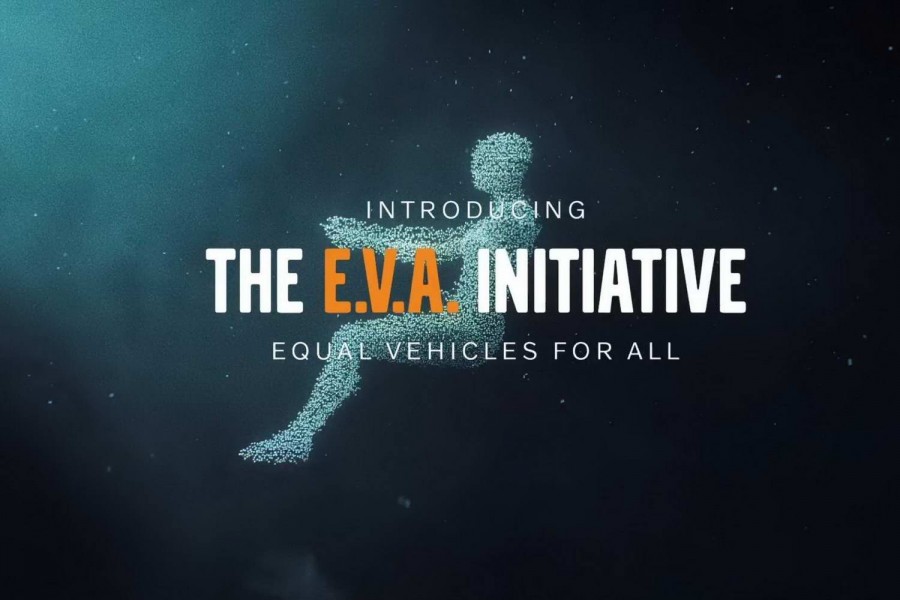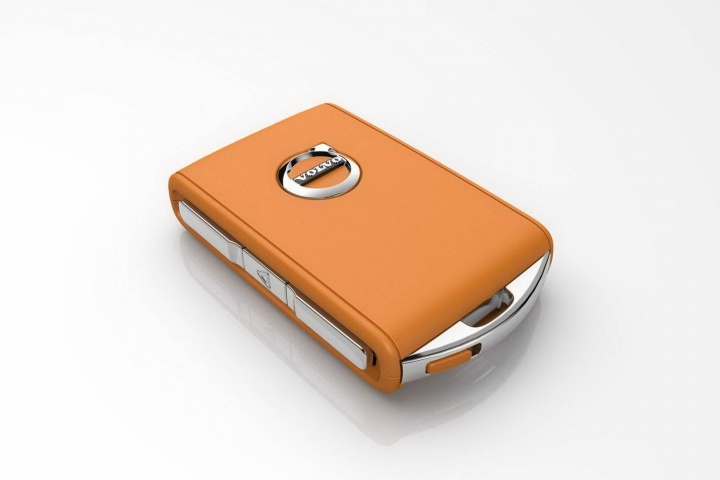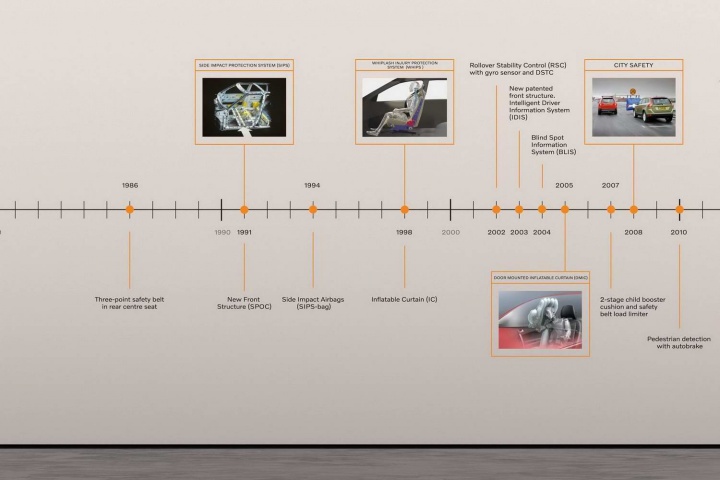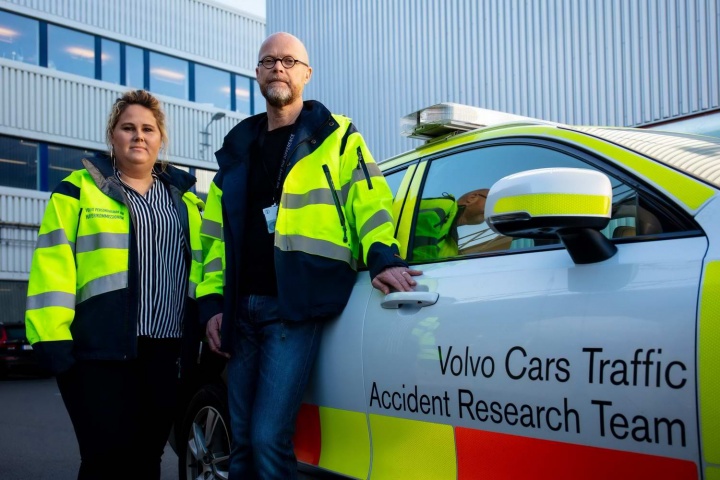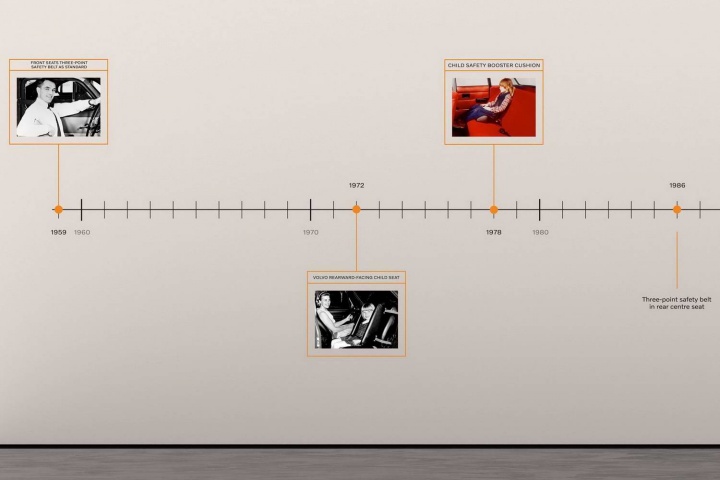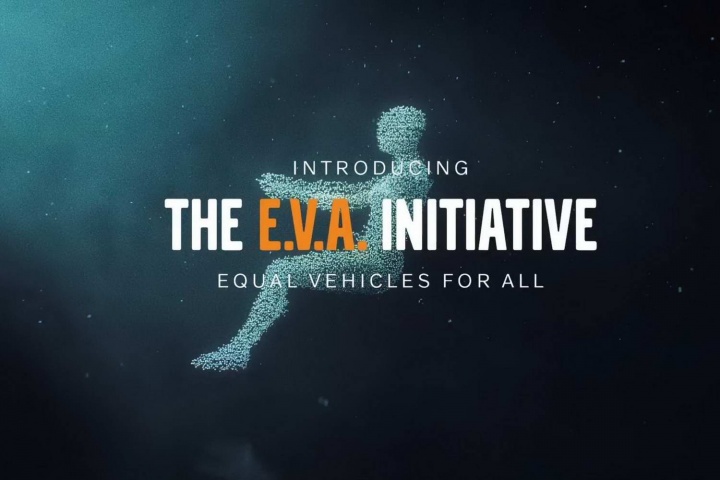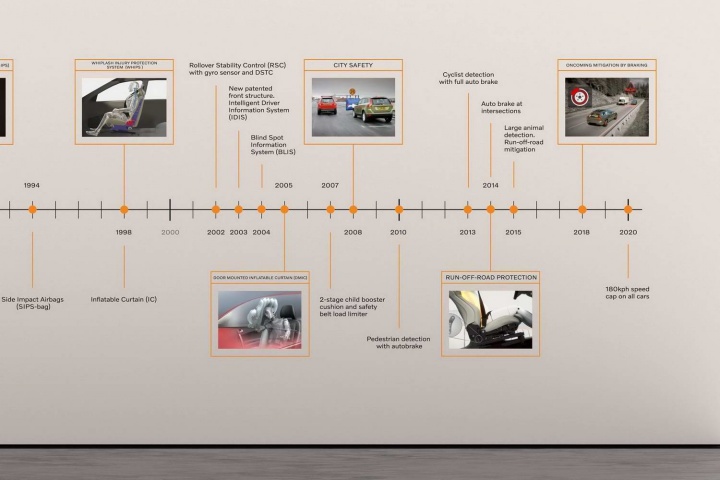What's the news?
Volvo has underlined its continuing commitment to making sure that no person travelling in one of its cars is killed or seriously injured by 2020 with a raft of new life-saving tech. Presented at an event in the Swedish car company's home town of Gothenburg this week, the new technology includes a key that allows you to set a speed limit on the car, and a new in-car system that can theoretically detect when a driver has been drinking.
The Care Key will come a standard on all Volvo models from 2020 onwards and is designed or allow you to share your car with someone (most likely a family member and, let's face it, most likely a younger family member) and set a speed limit for the time that they're using the car. On top of Volvo's already announced recent commitment to fitting 180km/h speed limiters to all of its cars from next year, the Care Key (which works to a similar principle to Ford's existing MyKey system) could, possibly, lead to lower insurance premiums.
Håkan Samuelsson, Volvo Cars' chief executive, said this month that the company wants to start a conversation about whether car makers have the right or maybe even the obligation to install technology in cars that changes their owners' behaviour. Now that such technology is available to use, this question becomes even more important.
"We believe that a car maker has a responsibility to help improve traffic safety," said Mr. Samuelsson. "Our recently announced speed limit fits that thinking and the Care Key is another example. Many want to be able to share their car with friends and family, but are unsure about how to make sure they are safe on the road. The Care Key provides one good solution and extra peace of mind."
Volvo also wants to tackle the issues of drunk and distracted driving. According to figures from the US, 30 per cent of all fatal accidents can be attributed to drink-driving, and so the Swedes are going to fit cars with a new driver monitor system that can help to detect if the driver is intoxicated.
Set to be fitted to cars from 'the early 2020s' the new system will use cameras to monitor the driver, and can - if they think that you're drunk behind the wheel - limit the car's speed, call a Volvo Care agent (who will then presumably try to convince you to pull over), or even bring the car to a safe halt.
"There are many accidents that occur as a result of intoxicated drivers," says Trent Victor, Professor of Driver Behaviour at Volvo Cars. "Some people still believe that they can drive after having had a drink, and that this will not affect their capabilities. We want to ensure that people are not put in danger as a result of intoxication."
"When it comes to safety, our aim is to avoid accidents altogether rather than limit the impact when an accident is imminent and unavoidable," says Henrik Green, Senior Vice President, Research & Development at Volvo Cars. "In this case, cameras will monitor for behaviour that may lead to serious injury or death."
Examples of such behaviour include a complete lack of steering input for extended periods of time, drivers who are detected to have their eyes closed or off the road for extended periods of time, as well as extreme weaving across lanes or excessively slow reaction times.
On top of all that, Volvo is opening up it's huge library of safety data and information, including data from real-world crashes as well as lab tests, to the whole motoring industry. It hopes to encourage other car makers to follow its example and learn from its huge research into safety issues down the years.
"We have data on tens of thousands of real-life accidents, to help ensure our cars are as safe as they can be for what happens in real traffic," says Lotta Jakobsson, professor and senior technical specialist at Volvo Cars Safety Centre. "This means our cars are developed with the aim to protect all people, regardless of gender, height, shape or weight, beyond the 'average person' represented by crash test dummies."
Why is Volvo doing all of this? Well, the company says that it "wants to start a conversation about whether car makers have the right or maybe even the obligation to install technology in cars that changes their drivers' behaviour. Both the speed limit and the installation of in-car cameras illustrate how car makers can take active responsibility for the aim of achieving zero traffic fatalities by supporting better driver behaviour."
Anything else?
Sadly, it would seem that there's no room in any of this for higher standards of driver training, nor for anyone to exercise personal development or upskilling. In the world of the future, Volvo wants to take responsibility for our safety out of our hands.

